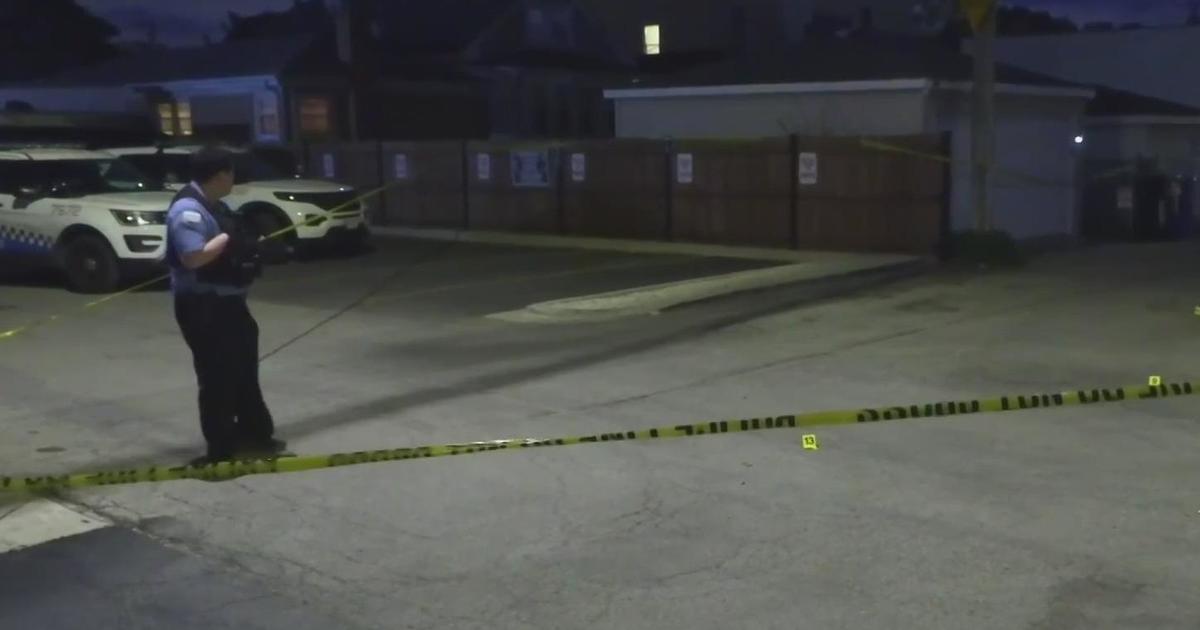Swimming Banned At Beaches After Stormwater, Sewage Dumped In Lake
CHICAGO (CBS) -- The heavy rainfall from Monday night's storms prompted officials to open the Chicago and Wilmette locks to prevent raw sewage from overflowing out of the sewer system, and instead dump a mix of storm runoff and sewage into Lake Michigan.
More than two inches of rain fell in Chicago during two rounds of severe thunderstorms, overwhelming the Deep Tunnel system designed to store storm runoff and prevent the need to open the locks that divide Lake Michigan from the Chicago River. Up three or four inches of rain fell in some suburbs.
The Metropolitan Water Reclamation District of Greater Chicago said it opened the Chicago River locks downtown shortly before 1 a.m, and closed them again at 7:10 a.m. The gates at Wilmette were opened at 11:23 p.m. Monday, and closed at 5:50 a.m. Tuesday.
Swimming Banned At Beaches After Stormwater, Sewage Dumped In Lake
Systems dispatcher Lawrence Mazzocco made the decision to open the locks for the Metropolitan Water Reclamation District. He said the existing system was still recovering from storms over the weekend, and was 60 percent full, when Monday's storm began.
Mazzocco said he cannot wait until Deep Tunnel's 7.9-billion gallon permanent Thornton Reservoir opens in a year and a half. He said it would have made a difference this week, with the two storms so close together.
MWRD Executive Director David St. Pierre said that while, in the long term, the Lake Michigan locks have had to be opened to allow storm water runoff on average about once a year, the frequency has increased in the past five years.
St. Pierre said the Deep Tunnel system worked Monday night as designed, given that the Chicago area is relatively flat and that much of it was once marshland. Mazzocco said what the system needs right now is a few dry days. He said, if forecasts hold, the Deep Tunnel system should return to normal in a few days.
Due to all the raw sewage and storm runoff that ended up in the lake, the Chicago Park District banned swimming at all Lake Michigan beaches. The beaches themselves are open, but swimming is not allowed due to high bacteria levels in the water.
The Park District will monitor bacteria levels at the beaches and lift the swimming bans as conditions permit.
The MWRD said it has not yet measured how much water was released from the river into the lake. That estimate will be determined over the next few weeks.
The river rose so high as a result of Monday's storms, some tour boats could not pass under Chicago River bridges as they normally do, because their roofs would have hit the bottoms of some bridges. Some tours were canceled as a result, while others simply ran on limited schedules.
The river also flooded the construction area where crews were working on an expansion of the Riverwalk.



